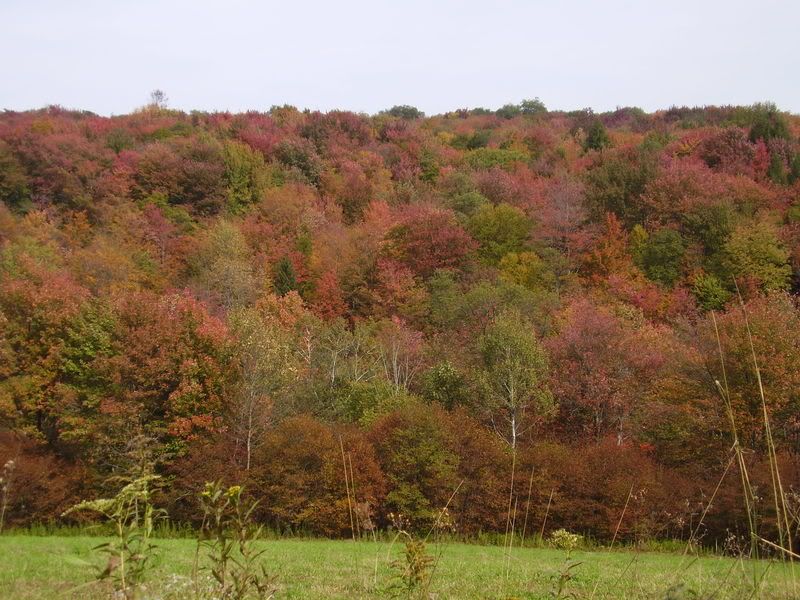
The weather here is fantastic right now. Maybe it's the weather, but Benjamin the cat (who is normally found at the clothes line) has fallen in love with a Mullein plant. During the day he sits in front of it and stares and yesterday I found him asleep in front of it. I like to appreciate the Mullein in the morning when I take Lucille out to potty. It's usually covered with dew, since it seems we've had fog every day this summer in the early morning. Yesterday we took some back roads to town to see the leaves changing and to enjoy the weather a little longer. There is a reason people come here every year to see these beautiful leaves exploding into fireworks.
Winter is coming and we are getting as much out of the garden as possible and learning what to do with it all. Our last load from the big garden filled the bed of the truck which was surprising! Most of the haul was beans, but there were all sorts of goodies like turnips and beets. I was able to can and freeze 18 quarts of tomatoes, not a world record but I"m happy. We built a root pit for the damp/cold storage, but aren't sure if we did it exactly right because the only other person I know that has one has such a tremendous ego, it's difficult to even be in their company. We did the best we could based on no experience and just what we've read and seen. For the dry/cold storage for things like winter squash, onions, garlic and pumpkins, we decided to leave the coldest room unheated by keeping the door closed and are using the shelves in there to put the produce on. I'm also storing the tinctures and herbal vinegars I made there since it's dark and cool. The house at Crooked Creek will have a root cellar and that will keep the vegetables fresh longer and be easier to get into.
For the root pit, Jeffrey dug a 2 foot deep trench and mounded the dirt up on the sides. Then I put in burlap sacks I picked up for free from a coffee roaster. I covered the pit with sturdy sticks that were set on the dirt mounds on either side of the pit. I covered the sticks with burlap and laid a small piece of plywood with a rope attached in the "door" area. Then I covered the whole thing with a little over a foot of hay and extended the hay out a foot past the pit. The rope attached to the plywood comes out of the hay and tied to a pole high up above where snow might be. I had about 1/2 a bale of hay left so I just put the flakes on the top to keep the cats from digging around in it. I covered the whole thing with a small tarp, though that wasn't necessary. I just didn't want to dig through wet, cold, snowy hay to get into it. So I pull on the rope and it lifts the wood and hay up enough for me to get into the pit and pull the burlap sack up. It's easy enough now, we'll see how it goes when there is 2 feet of snow on the ground.
The St. Anne beans are drying upstairs along with the dill, soybeans and stevia. We didn't have to take the leaves off the bean plants, but there was limited room to hang them and I need to get around the room so we took most of the leaves off. The endive roots we pulled will stay in the root pit till around November. Then they'll go into buckets of sand and will be watered when we want Belgian Endive. We'll keep the buckets in the basement for the Endive to grow in the dark as long as it doesn't get too cold. If it does, I'll just move them into the cold room in the house. I don't know if we are doing this all correctly or not, this was all pieced together with information from here and there.
I am probably repeating myself, but I feel like such a child barely knowing anything about so little of what there is to know. With each passing generation we get closer and closer to losing so much knowledge on how to live, how to be human. The skills that were so basic 5,000 or even 100 years ago, now belong to so few living people and are being passed on to even fewer. If I were born into an indigenous tribe 400 years ago, I would know how a human goes about caring for themselves naturally. I'd have a group of people to sit around the fire with and listen to stories and advice, sing, dance and cry. Though there have almost certainly been evil men as long as there have been men and not all old times were good, I grieve the knowledge and saturation of nature that was lost and that we are loosing.
Are we the only animal on the planet where the majority are completely incapable of self-sufficiency? During the hurricane coverage, one of the broadcasters said "I know everyone is anxiously waiting for the gas stations and grocery stores to open so they can be self-sufficient." I couldn't believe my ears. We've lived our entire lives on this planet, but how many of us can identify the simplest foods that grow wild or how to prepare them? Other than the obvious fruits and berries, I can probalby only pick few. How many know how to treat illness or injury from the overflowing medicine chest outside? I've been a student of self-sufficiency for several years, but still rely on power to preserve some of our day to day food in the fridge and most of the time cook with propane. I still drive my truck to the store. People lived just fine for thousands of years without a store or cars. How did we become so dependent on them so that it's part of the fabric of our life? We have so much to learn before the utilities going out or an economic crisis would barely register on our radar. Like most, we are still so dependent, though working hard to ween ourselves.
It takes time to learn the basic skills each step of the way, but it takes no time to marvel at the beautiful simplicity when those skills are learned and to get a fire in your belly to share them with everyone that will listen. Few are interested though and it's a tragedy because these are skills that have been essential to survival for most of our history.
"In Nature, human markers fade, lose significance. It takes a while to learn the old markers again, to see the path that ancient humans took before us. In kindness, learn how to comfort yourself, to hold yourself as you would a child that is afraid of the light... For on this journey, you mostly have yourself for company.
In the beginning
it it helps if you become your own best friend
and find out what is true about all this for yourself.
Open the door and take a look around outside.
The air is shining there,
and there are wonders,
more wonderful than words can tell." - Stephen Harrod Buhner "The Secret Teachings of Plants"
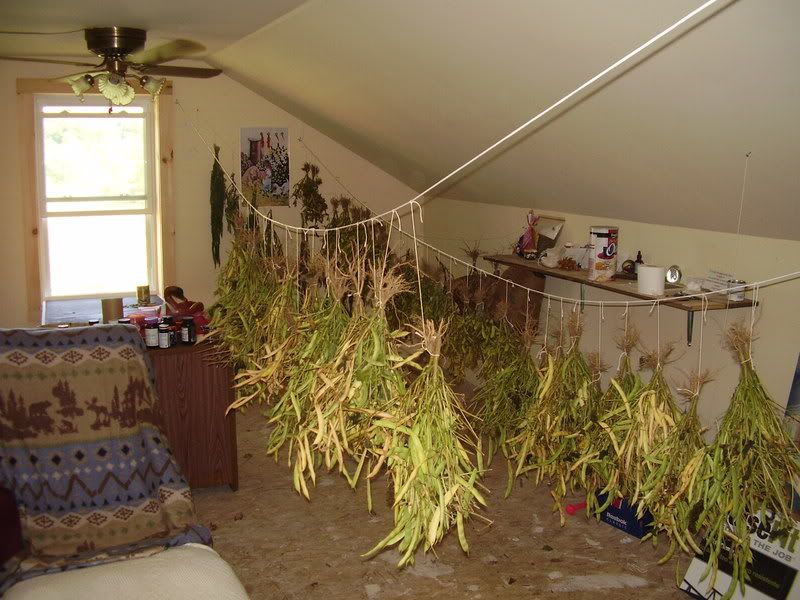
Root pit
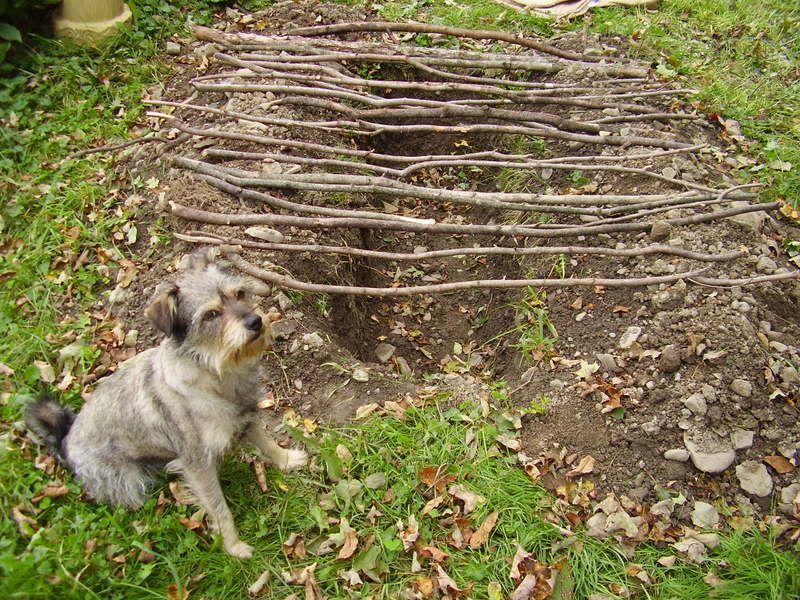
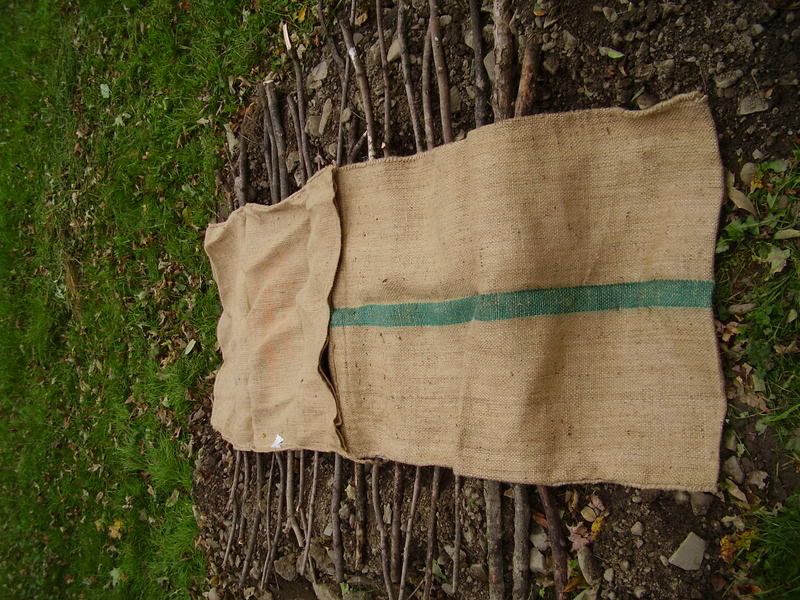
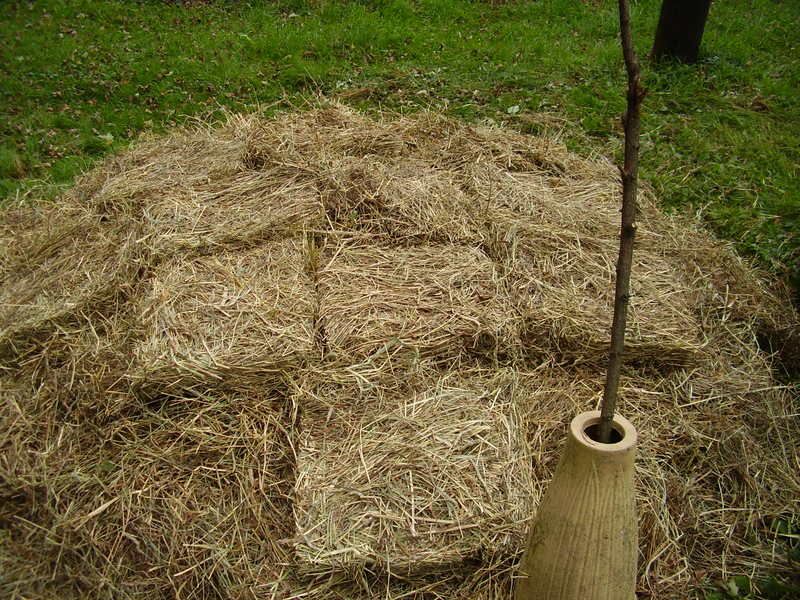
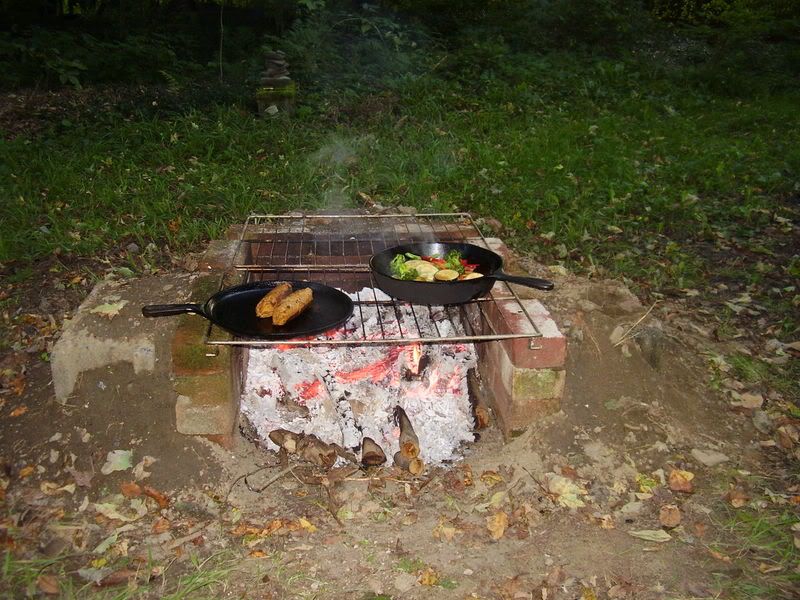
Cook top built from scrap bricks. Cooking home made vegetarian sausage and stir fry from the garden.
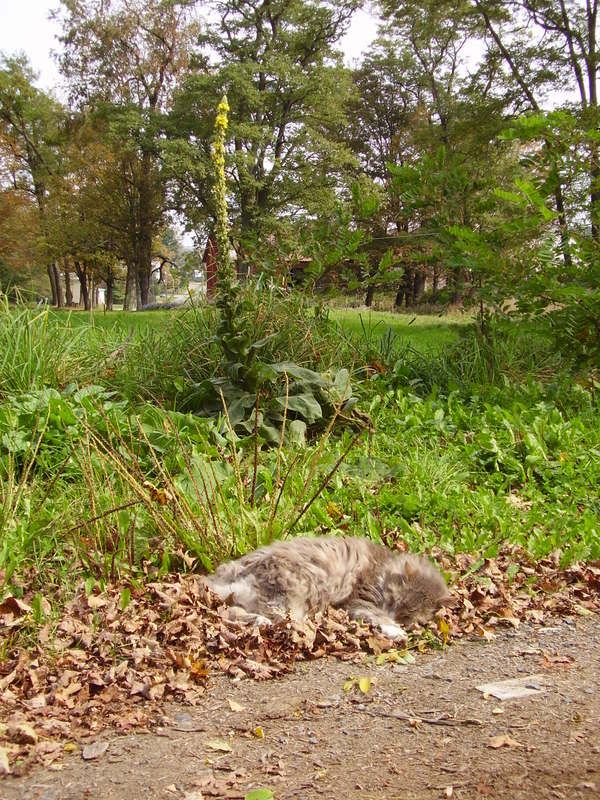
Benjamin's Mullein













No comments:
Post a Comment